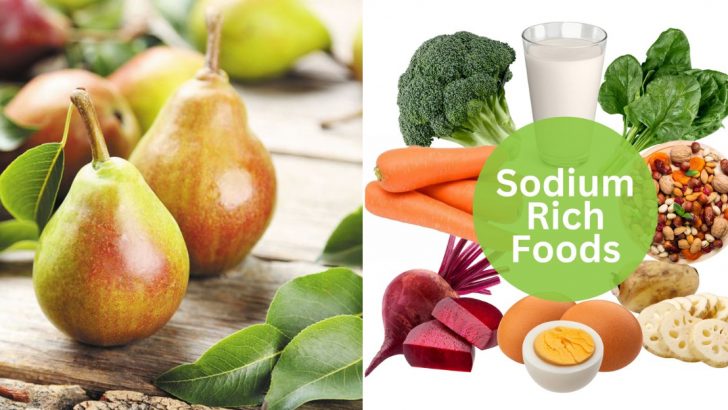Living with an overactive bladder can turn simple outings into anxiety-filled adventures.
What you eat and drink plays a huge role in managing those urgent bathroom trips.
Urologists have identified specific foods that can either calm your bladder or send it into overdrive, and knowing the difference might just change your daily comfort level dramatically.
1. Pears: Nature’s Bladder-Friendly Fruit
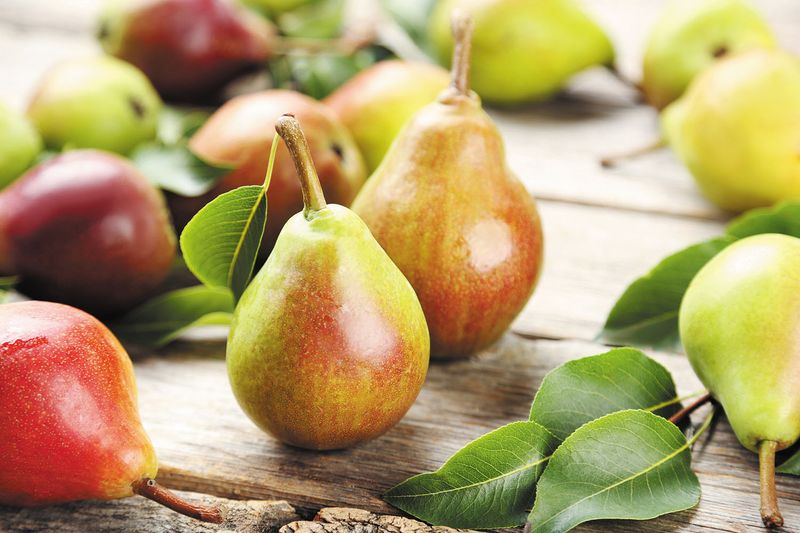
Juicy pears contain fiber that helps regulate your digestive system without irritating your bladder. Unlike citrus fruits, they’re low in acid while still packing a nutritional punch.
What makes pears extra special? Their gentle effect on sensitive bladders means you can enjoy their sweetness without racing to the bathroom afterward. Share your favorite pear recipes with fellow bladder-conscious friends!
2. Bananas: Potassium Powerhouses
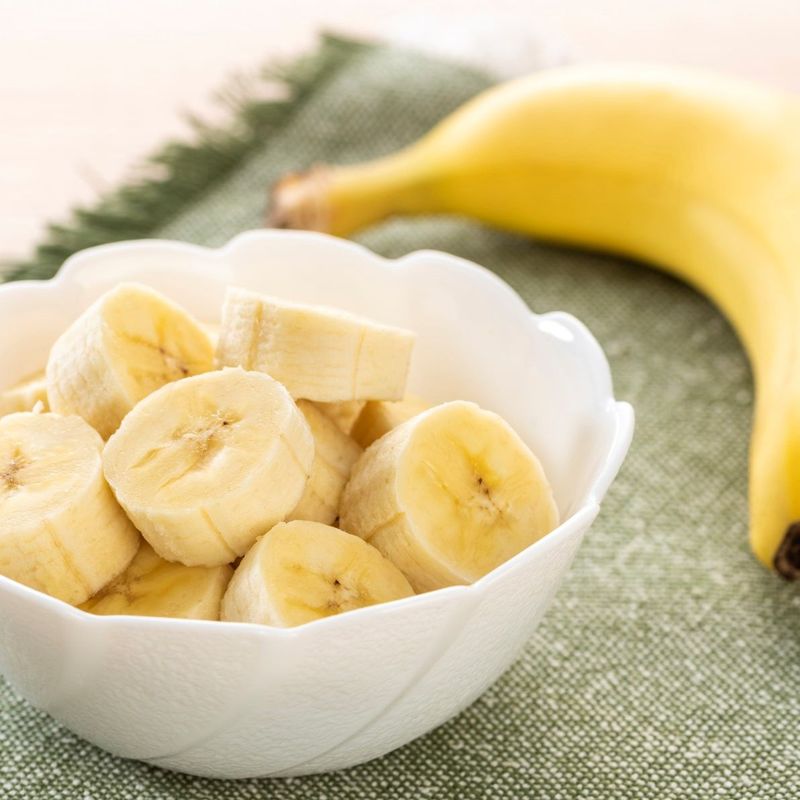
Ever wondered why urologists recommend bananas for bladder health? They’re packed with potassium which helps counteract the bladder-irritating effects of sodium in your diet.
Bananas also have a neutral pH that won’t trigger those uncomfortable urges. Grab this convenient, portable snack next time you’re heading out for extended periods where bathroom access might be limited!
3. Whole Grains: Steady Energy Without The Urgency
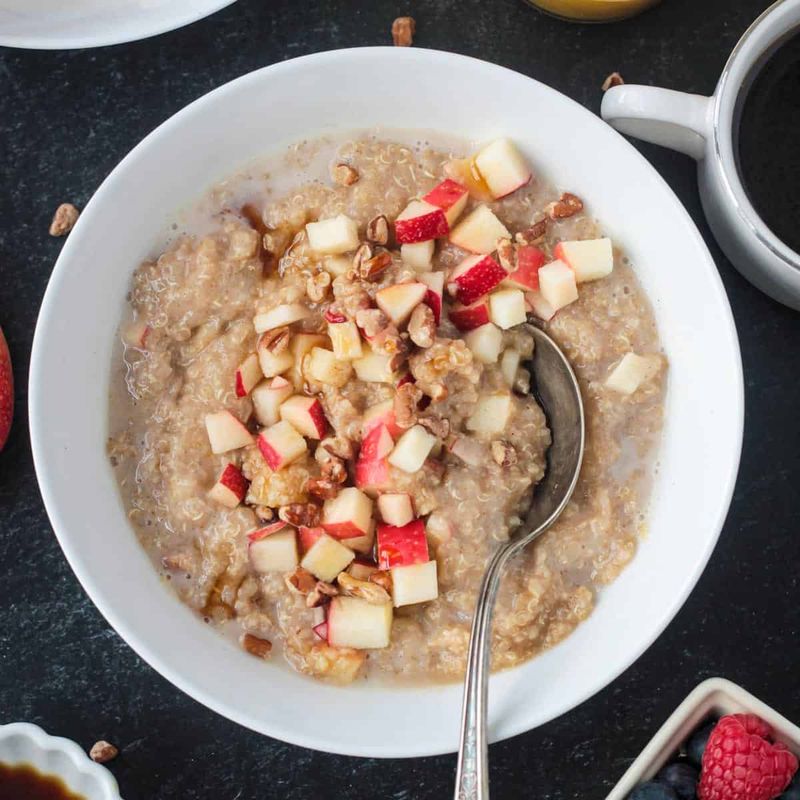
Brown rice, quinoa, and oats don’t just fill you up – they’re bladder besties too! These complex carbohydrates provide sustained energy without the irritating effects that processed grains might cause.
The fiber in whole grains also promotes healthy digestion, reducing pressure on your bladder. How about starting tomorrow with a warm bowl of oatmeal topped with bladder-friendly blueberries?
4. Nuts: Protein-Packed Bladder Allies
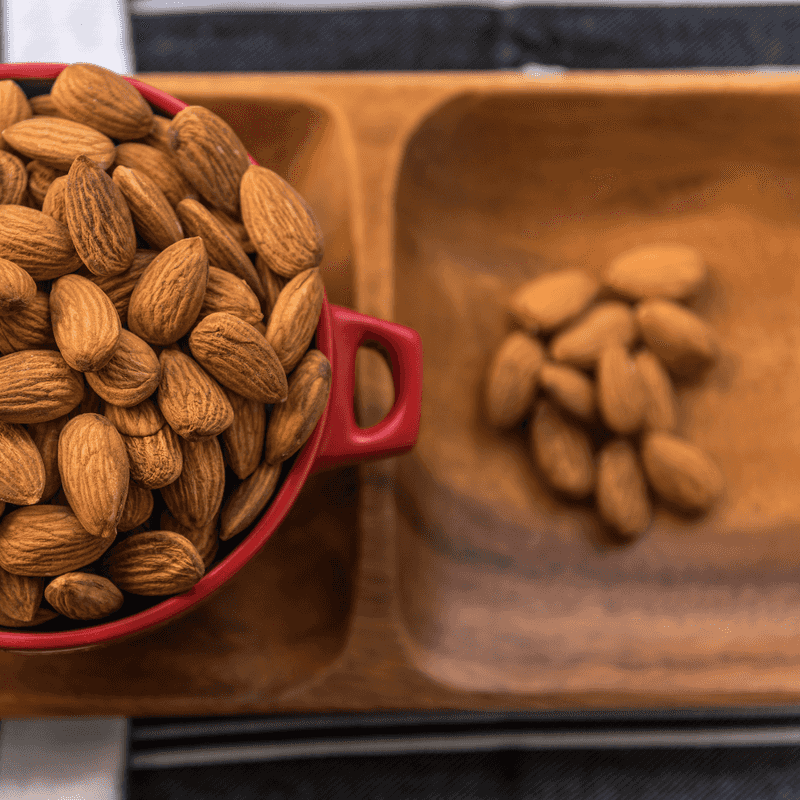
Almonds, walnuts, and cashews deliver protein and healthy fats without aggravating your overactive bladder. Though small in size, these nutritional giants pack omega-3s that may help reduce inflammation throughout your body.
Unsalted varieties are your best bet since excess sodium can increase urinary urgency. Try a handful as an afternoon pick-me-up instead of reaching for bladder-irritating snacks!
5. Green Vegetables: Bladder-Calming Nutrition
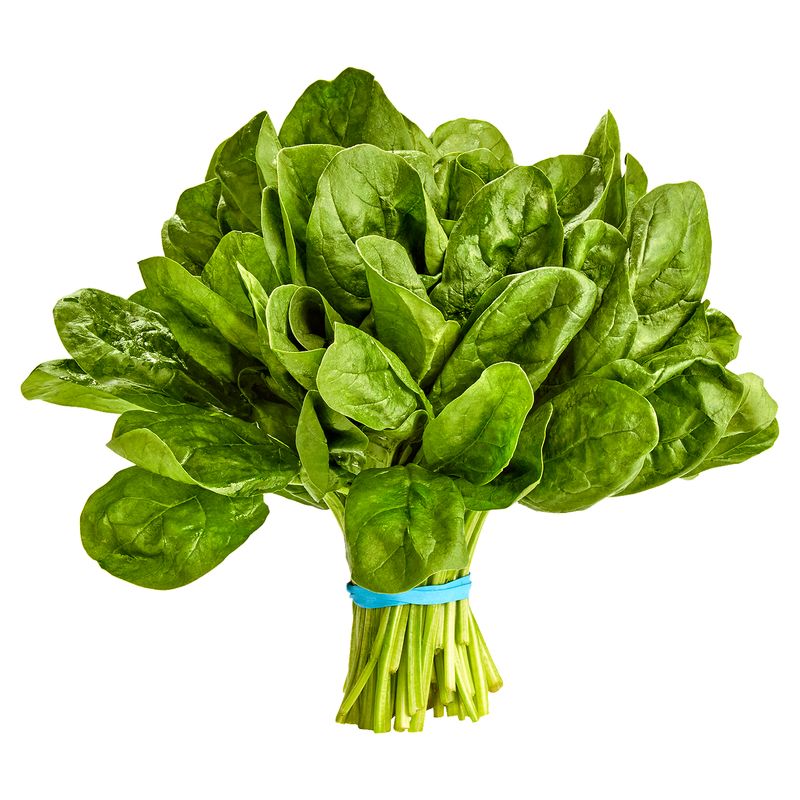
Broccoli, spinach, and kale might make your plate green, but they won’t leave your bladder feeling mean! These vegetables are loaded with antioxidants and nutrients while being gentle on sensitive bladders.
If raw veggies sometimes trigger symptoms, lightly steaming them can make all the difference. Would you believe that adding these leafy powerhouses to your diet might actually reduce nighttime bathroom trips?
6. Chicken: Lean Protein Without Bladder Irritation
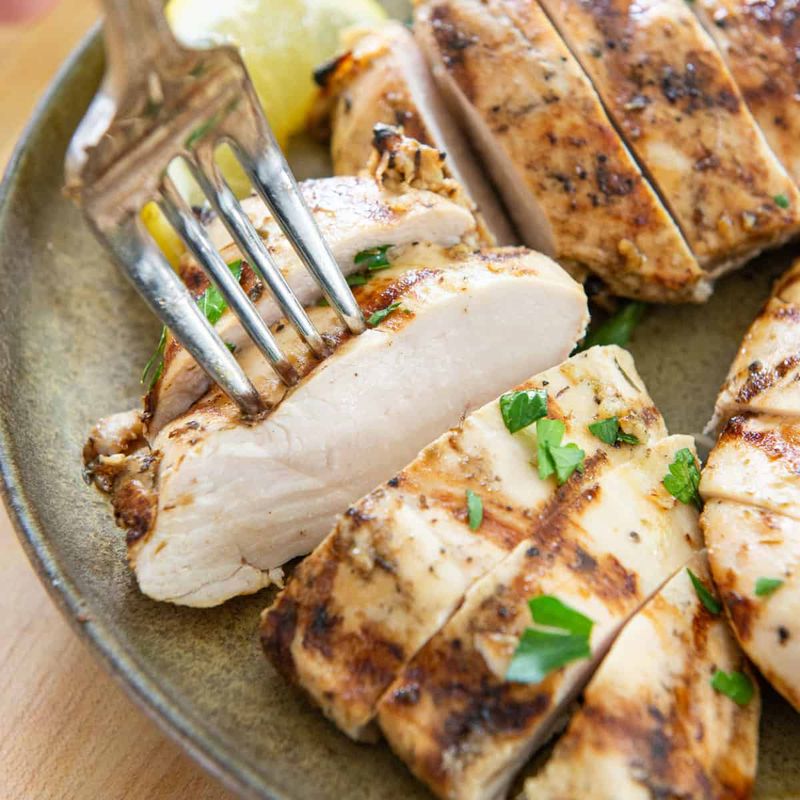
Plain, grilled chicken breast serves as the unsung hero for bladder health enthusiasts! Without added spices or marinades, this lean protein provides essential nutrients without the bladder-irritating compounds found in some meats.
Urologists particularly appreciate chicken’s versatility – it can be prepared countless ways while still remaining bladder-friendly. Try it with herbs like rosemary or thyme instead of bladder-triggering spicy seasonings!
7. Caffeine: The Notorious Bladder Irritant
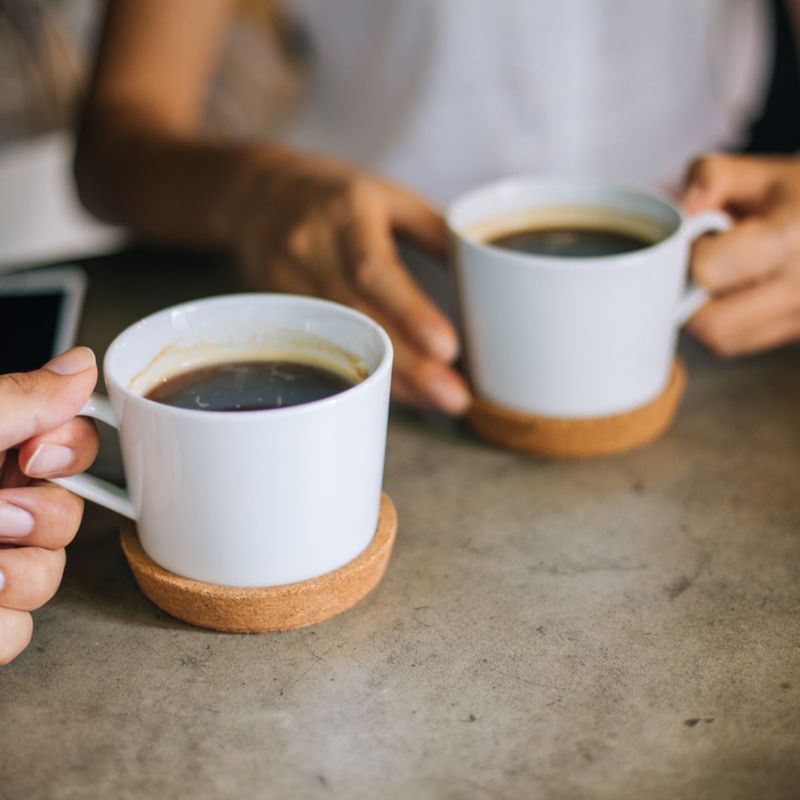
Coffee lovers, brace yourselves! Caffeine acts as a diuretic while simultaneously irritating the bladder lining – creating the perfect storm for urgency and frequency.
Not just coffee either – tea, energy drinks, and even chocolate contain varying amounts of this bladder antagonist. Switching to herbal teas or decaf alternatives might dramatically reduce those mad dashes to the restroom!
8. Alcohol: The Bathroom Trip Multiplier
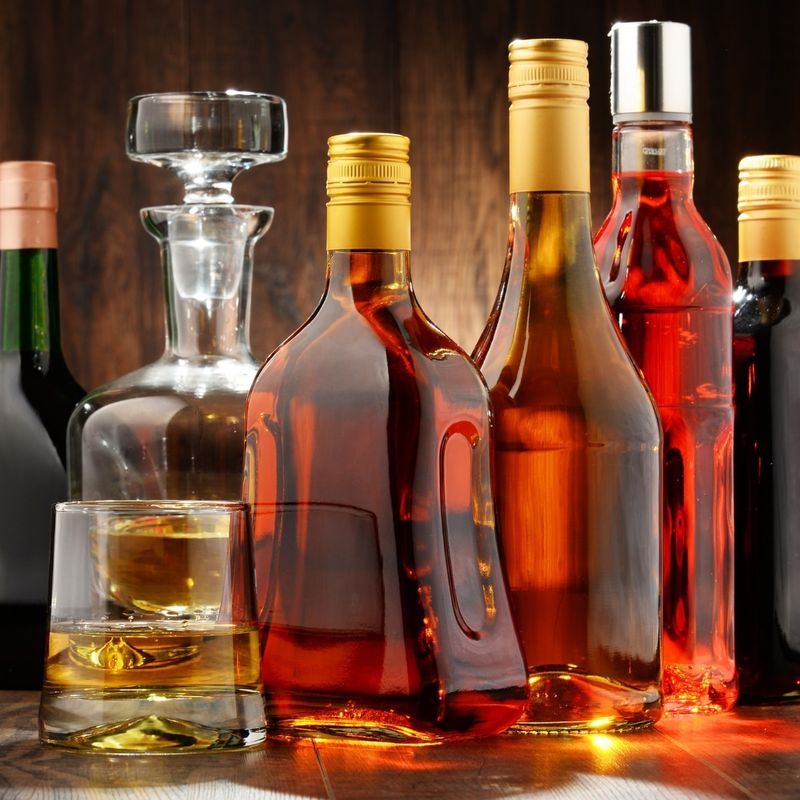
Those weekend cocktails might be costing more than just dollars – they’re stealing your bladder comfort too! Alcohol’s diuretic effect increases urine production while simultaneously reducing your brain’s ability to recognize when your bladder is full.
Red wine and beer can be particularly problematic due to their additional ingredients. Perhaps mocktails could become your new signature drink at social gatherings?
9. Citrus Fruits: Tangy Troublemakers
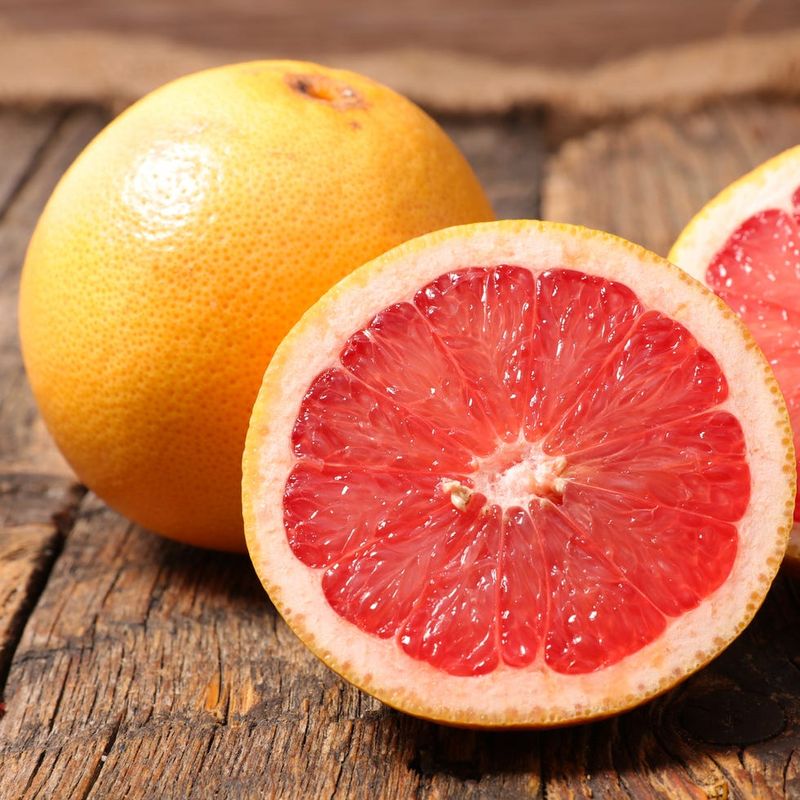
Zesty lemons, grapefruits, and oranges might wake up your taste buds, but they’ll also wake up your bladder at inconvenient times! The high acid content in these fruits can irritate the bladder lining, triggering that “gotta go” feeling.
If you’re craving vitamin C, try less acidic alternatives like bananas or pears. Many bladder patients report significant improvement after limiting these tangy treats from their diet!
10. Spicy Foods: Setting Your Bladder On Fire
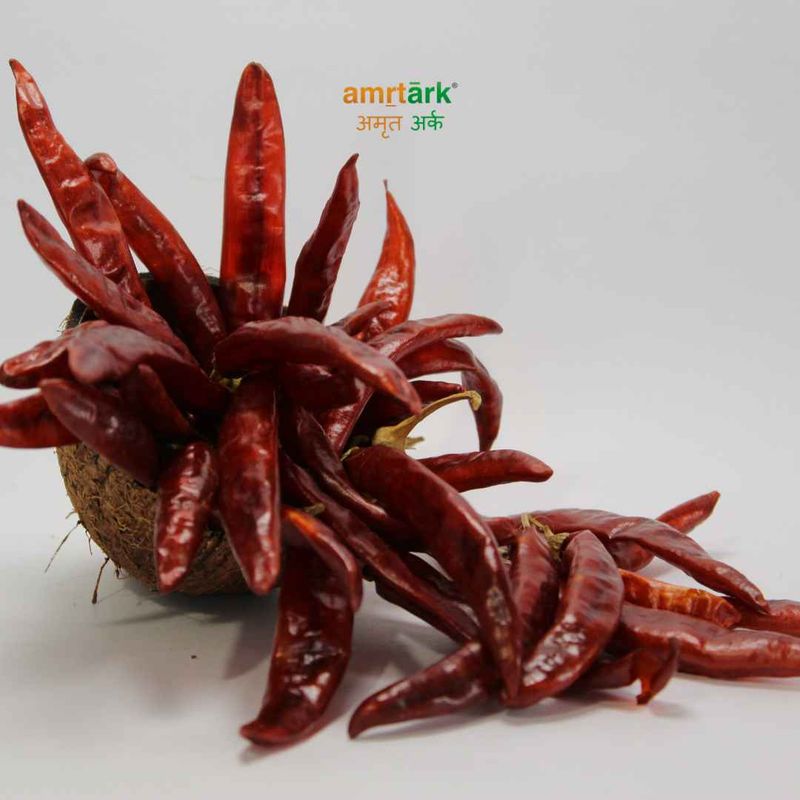
Hot peppers, curry, and chili powder might add excitement to your meals, but they’ll add unwanted excitement to your bladder too! These fiery ingredients contain compounds that can irritate your bladder lining upon excretion.
Though challenging for spice enthusiasts, dialing back the heat often results in fewer urgent bathroom trips. How about experimenting with milder herbs and spices that add flavor without the flame?
11. Artificial Sweeteners: Hidden Bladder Triggers
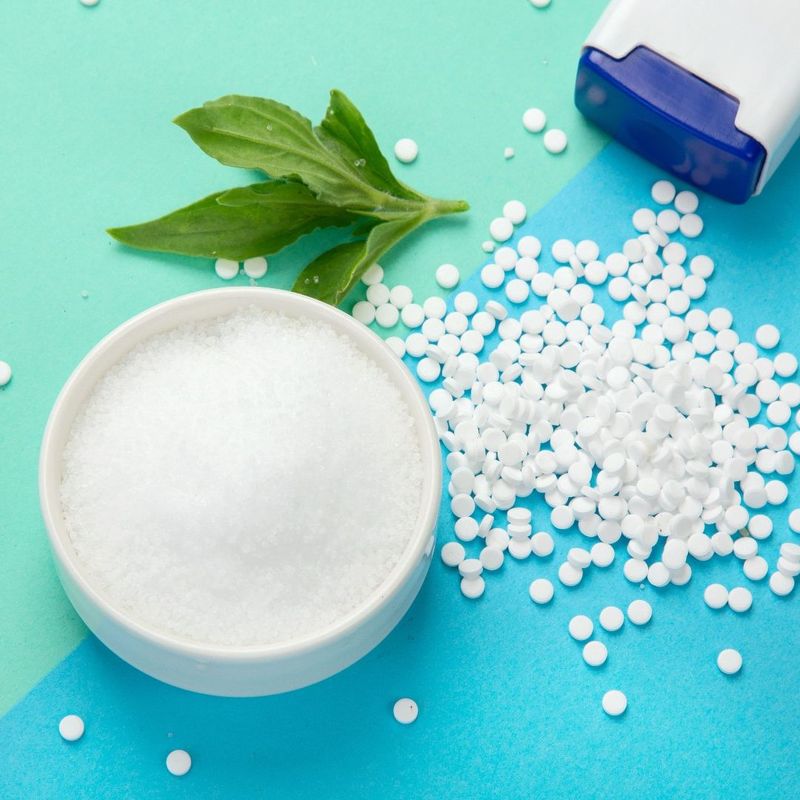
Those zero-calorie sweeteners might save your waistline but wreak havoc on your bladder! Aspartame, saccharin, and sucralose have been linked to increased urgency and frequency in many overactive bladder patients.
Check ingredient labels carefully – these sneaky additives hide in everything from diet sodas to sugar-free gum. Wouldn’t natural sweeteners like a touch of honey be worth trying instead?
12. Tomatoes: Surprisingly Problematic Produce
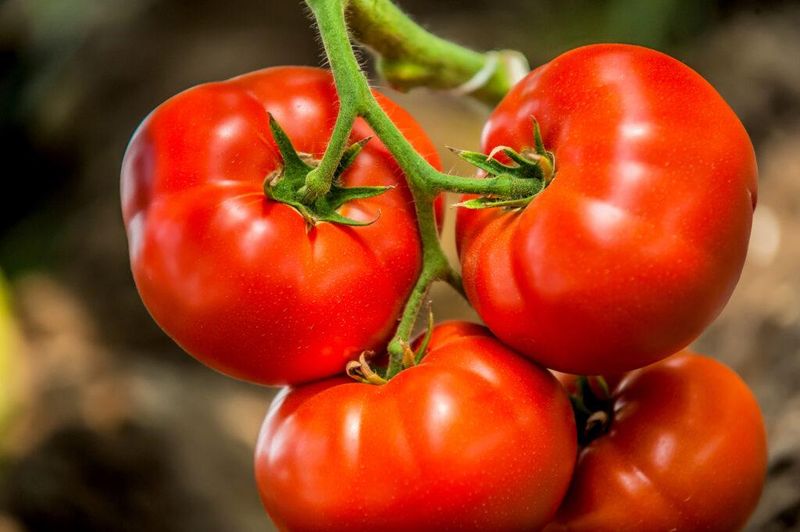
Marinara lovers might need to reconsider their pasta topping choices! Tomatoes contain high levels of acids that can irritate sensitive bladders, triggering those inconvenient urgent bathroom needs.
Even tomato-based products like ketchup and salsa can cause problems. Many patients find that switching to cream-based or olive oil sauces makes dining more enjoyable and less interrupted by bathroom breaks!
13. Carbonated Beverages: Bubble Trouble
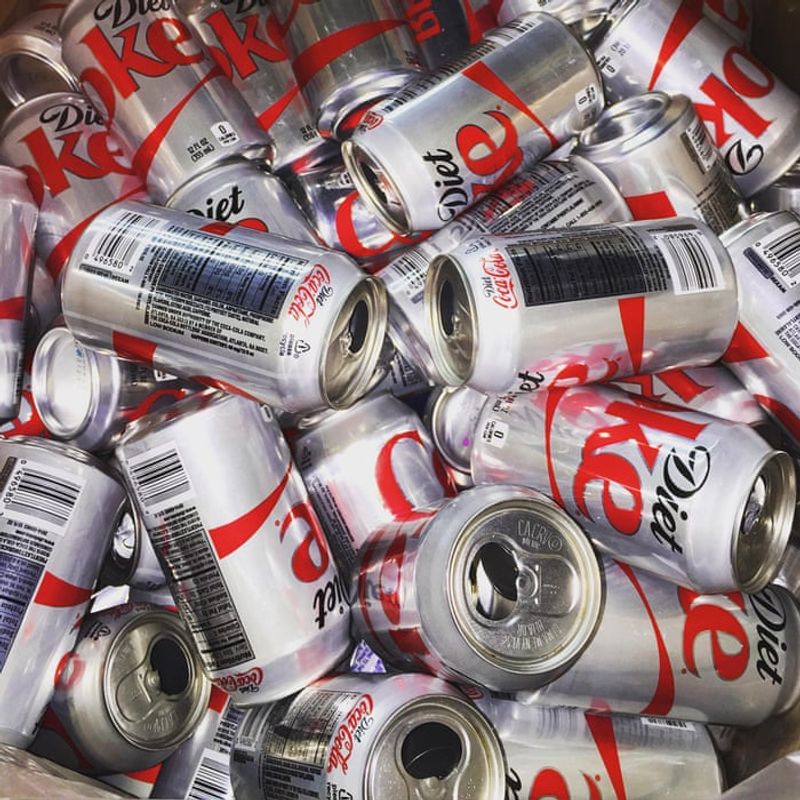
Those refreshing fizzy drinks create double trouble for your overactive bladder! The carbonation irritates your bladder lining while the often-present caffeine, artificial sweeteners, and acids compound the problem.
Sparkling water isn’t innocent either – the bubbles alone can trigger urgency. Switching to still water might seem boring at first, but your bladder will send thank-you notes in the form of fewer interruptions!
14. Processed Foods: Sodium Bombs For Your Bladder
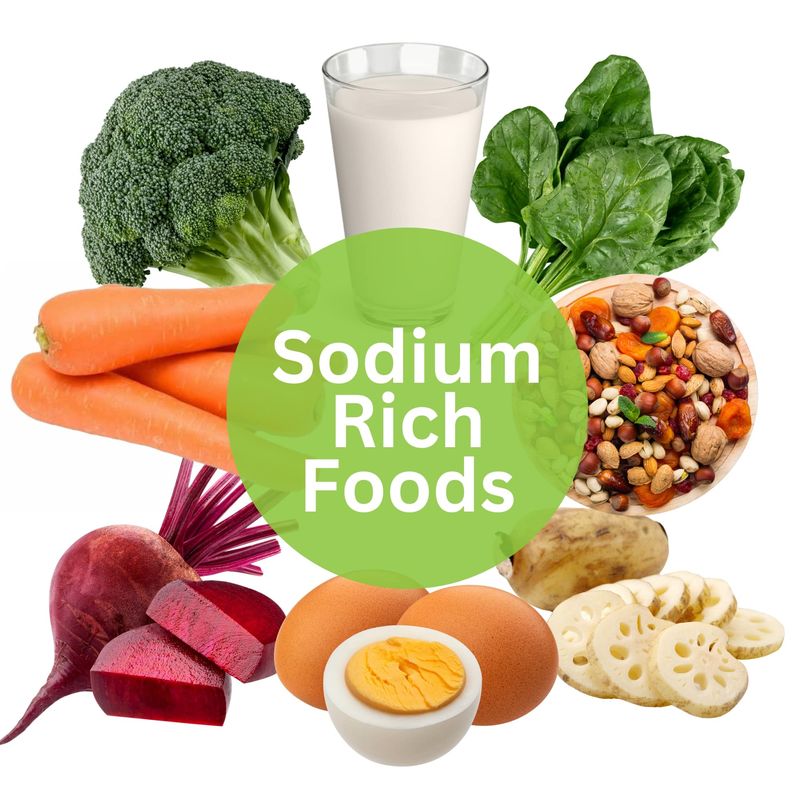
Convenience foods like frozen dinners, canned soups, and fast food contain sodium levels that can send your bladder into overdrive! Excess salt causes water retention followed by increased urination frequency.
Though often quick and easy, these high-sodium options make bathroom planning difficult. Could you dedicate one day to preparing fresh, low-sodium meals for the upcoming week? Your bladder would certainly appreciate the effort!
15. Chocolate: The Bittersweet Bladder Foe
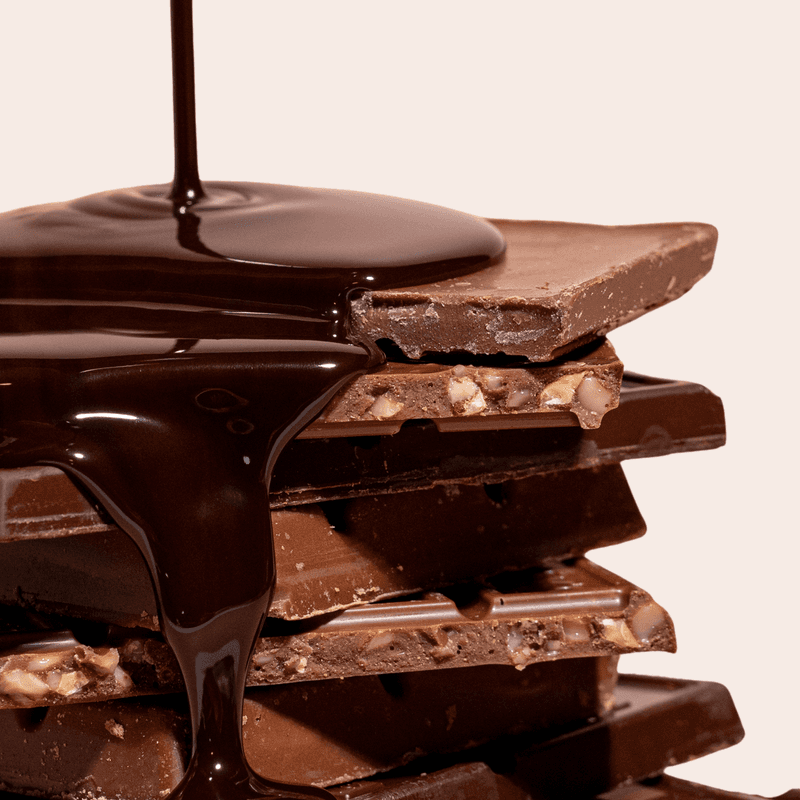
Say it isn’t so! Unfortunately, this beloved treat contains both caffeine and theobromine – two compounds known to irritate sensitive bladders and increase urinary urgency.
Dark chocolate, with its higher caffeine content, tends to be more problematic than milk varieties. For chocolate lovers, white chocolate might offer a safer alternative since it contains no cocoa solids. Wouldn’t a small portion of white chocolate satisfy your sweet tooth without the bathroom consequences?

